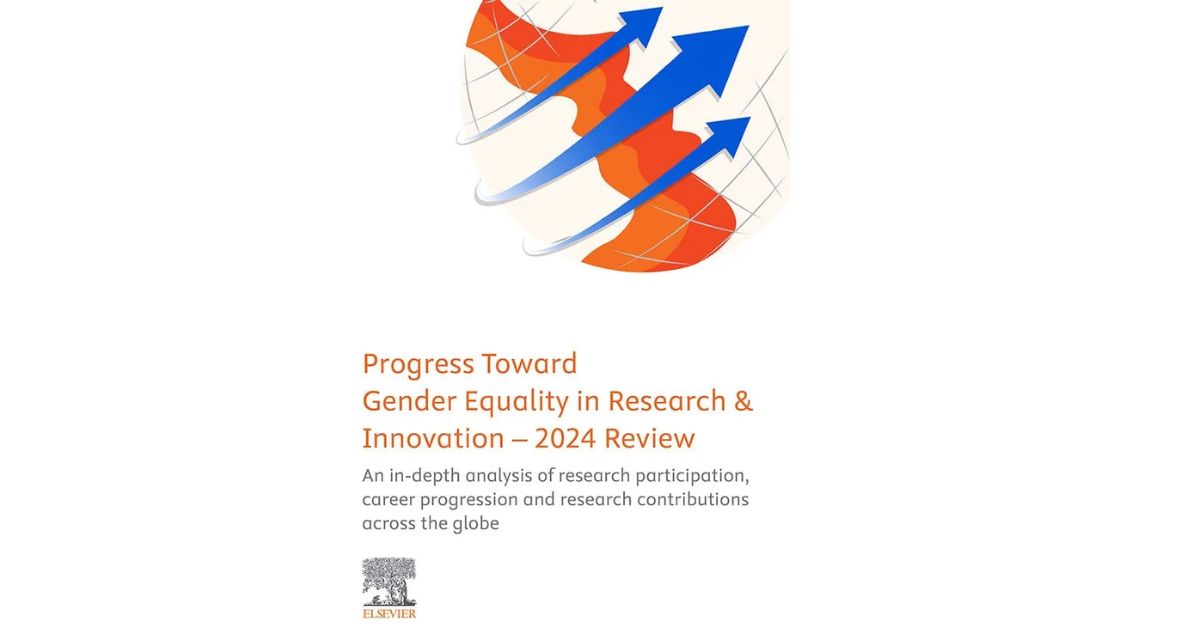Elsevier's 2024 Gender Equality Study Reveals 20 Years Of Progress, But Challenges Remain For Women in Research And Innovation
Until now, the absence of data on global building floorspace has impeded the measurement of building carbon intensity (carbon emissions per floorspace) and the identification of ways to achieve carbon neutrality for buildings. For this study, we develop a global building stock model (GLOBUS) to fill that data gap.
Responsible Artificial Intelligence Re-engineering the Global Public Health Ecosystem: A Humanity Worth Saving, 2024, pp 215-243
This content aligns with Goal 3: Good Health and Well-being and Goal 9: Industry, Innovation, and Infrastructure by considering the public health opportunities presented by artificial intelligence, as well as the need for more inclusive representation in key public health topics.

